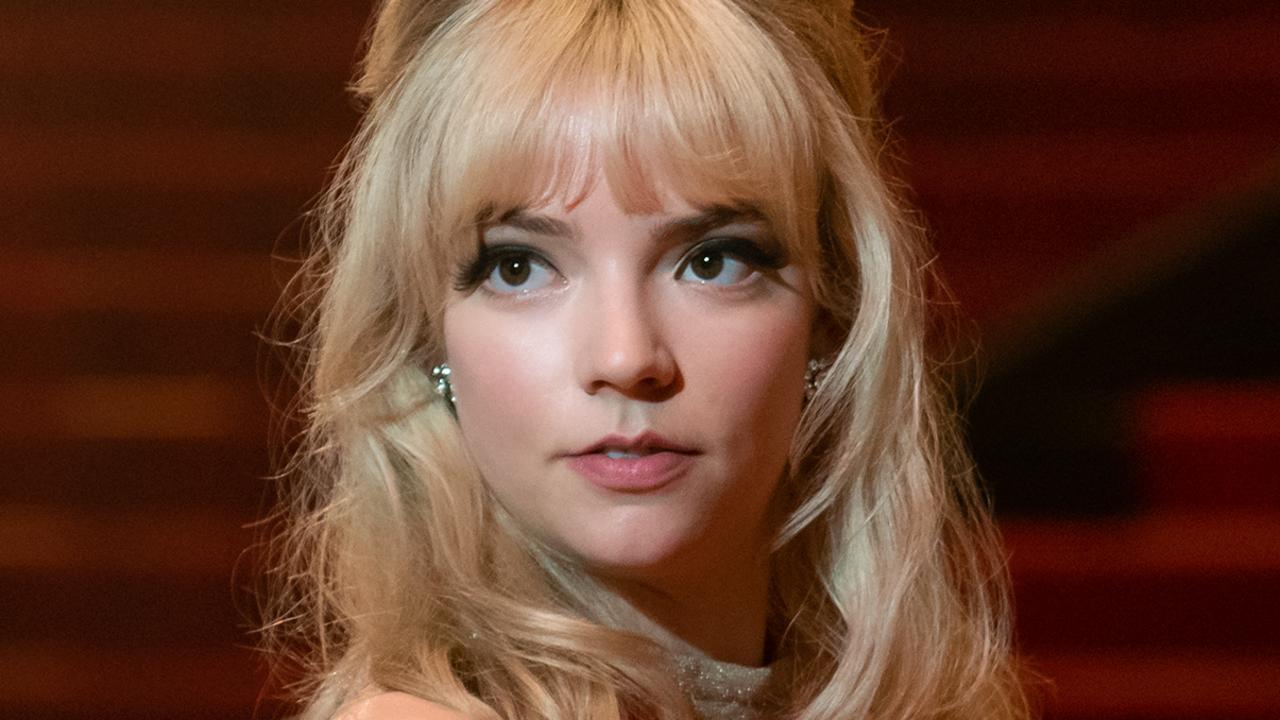
No director feels better tuned into the wavelengths of modern discourse than Rian Johnson; a cinematic provocateur who’s carved a perfect niche for himself by juggling high art and pulp pleasures almost in equal measure. Make no mistake: “The Last Jedi” and “Looper” might have cemented his reputation as a solid craftsman capable of handling populist studio fare, but it’s within the confines of the thriller—a genre he happily embraces while playfully deconstructing and revamping its formula—where Johnson has earned his chops and found his calling. The director further established himself as a heavyweight entertainer in 2019 with “Knives Out”, a riotous Agatha Christie-inspired surprise-hit that doubles down as a scathing takedown of the upper crust.
Johnson is not only a first-class filmmaker in his own right; he’s also a culture vulture who puts decades of his encyclopedic pop culture knowledge into his movies—a fact most evident by the carousel of easter eggs and references he imbues them with. On the heels of “Glass Onion: A Knives Out Mystery”, we have decided to round up ten nail-biters that Johnson has spoken highly of throughout the years that his fans should look forward to after his new release.
1. The Last of Sheila (1973)
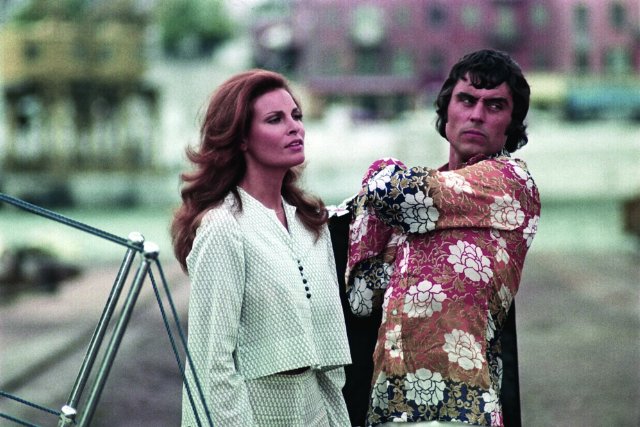
If “Glass Onion” didn’t fully satiate your appetite for tightly plotted whodunits in which a wealthy oik invites a bunch of backstabbing old acquaintances to play a scavenger hunt in an extravagant Mediterranean location, we have just the right movie for you.
“This fantastic ’70s movie is pretty much the reason I’m in Greece right now”, confessed director Rian Johnson in a July 2021 tweet while he was shooting the latest Benoit Blanc mystery. Taking the framework of an Agatha Christie novel and bolstered by the same deft sleight of hand as “Knives Out”, this delightful crime caper co-written by “Psycho” actor Anthony Perkins and renowned composer Stephen Sondheim will constantly keep you guessing until the credits roll. Johnson professed his love for the film and credited it as inspiration, noting however that it wouldn’t be good karma to “steal too much from Sondheim”. And though the composer-writer had an early cameo in “Glass Onion”, the director told EW that he’s proud of how his film goes its own direction. Parallels notwithstanding, this 1973 classic will give you plenty of bang for your buck.
2. Gosford Park (2001)
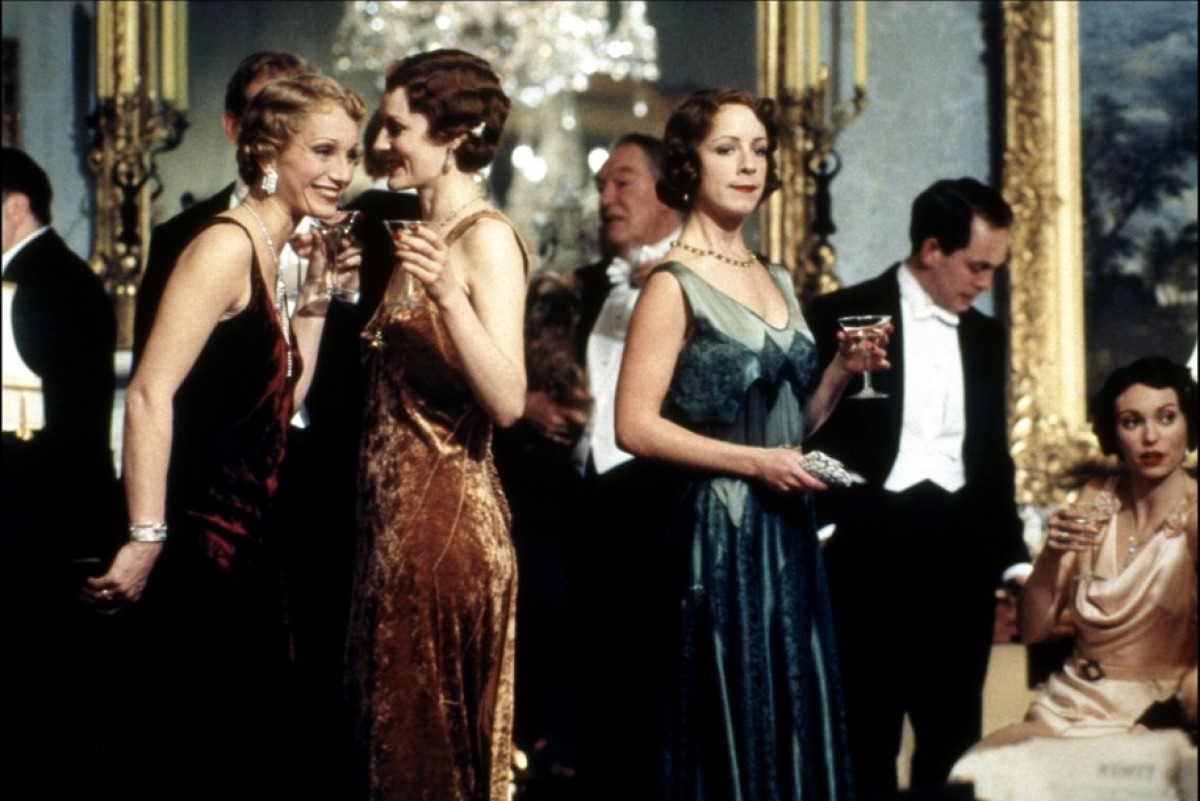
According to Rian Johnson, no genre is as uniquely suited to talk about class than the whodunit, which by nature creates its own microcosm of society within its cross-section of plausible suspects. The director tactfully keyed into this vital element in his last two movies, both of which featured trenchant critiques of the 1 percent.
An all-time film provocateur saluted another with Johnson raving over Robert Altman in conversation with The Atlantic. Though the mastermind behind “Short Cuts” and “Nashville” is not usually mentioned when discussing whodunits, Johnson described “Gosford Park” as a textbook example of how to seamlessly weave class commentary into an intricate murder mystery. The “Knives Out” director regarded this Altman’s deep cut, which sees a king-sized ensemble of blue-blooded aristocrats gather together at a British hunting resort, as an “all-timer” with gorgeous direction that creates its own power structure and fools the audience to great effect.
3. Murder by Death (1976)
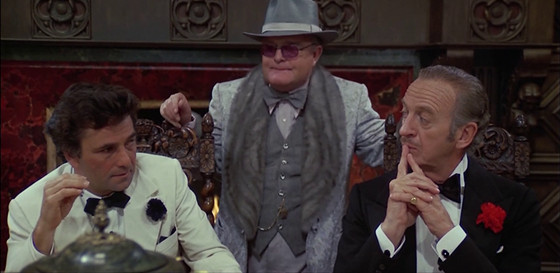
Walking the tightrope between playful homage and scornful genre pastiche, Robert Moore’s glitzy ‘dinner and murder’ movie stands tall as a milestone that laid out the template from which modern whodunits like “Clue” or “Knives Out” descend from, with the director of the latter mentioning it as a personal favorite he watched over and over on cable growing up.
Anchored by a murderer’s row of A-listers, including Peter Falk, Sir Alec Guinness, and Truman Capote in his only ever acting role, “Murder by Death” takes a stab at the detective genre with comic spoofs of famous sleuths like Sam Spade and Hercule Poirot, assembling a handful of them together to see who can crack open a complex murder. Though not every joke has aged well, even the savviest viewers will have a tough time figuring out whom to trust in this unwieldy ensemble. Johnson told SYFY WIRE he still remembers the ending, in which the film pokes fun at common genre tropes, as something he kept in mind while refining his own whodunits: “The danger of having just clue-gathering leading up to a big surprise should be avoided,” he explains, “There should always be something else going on.”
4. House of Games (1987)
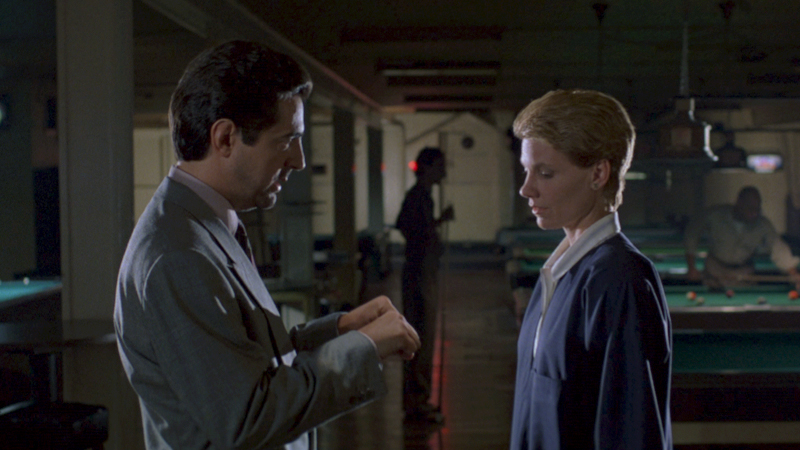
There’s something intrinsically fascinating in being shown how professional swindlers operate, meticulously pick up their victims, and roll out an infallible scam step by step. Unfortunately, there’s a dearth of genuinely good con artist films in contemporary cinema that not even Rian Johnson’s 2008 tongue-in-cheek “The Brothers Bloom” managed to fill.
Barring George Clooney’s smooth-talking thief in “Ocean’s Eleven” and Leonardo DiCaprio’s globe-trotting heartthrob in “Catch Me If You Can”, there’s hardly been a more charismatic and mischievous grifter in recent memory than the one anchoring David Mamet’s 1987 opus; a man who seduces a gullible psychologist and always seems to have a trick up his sleeve. Johnson spoke highly of “House of Games”, explaining how it’s a “beautifully constructed story” he loves more and more every time he sees it, and even brought magician Ricky Jay—a Mamet stalwart who appeared on the ’87 film—as the narrator for his star-studded sophomore feature.
5. To Catch a Thief (1955)
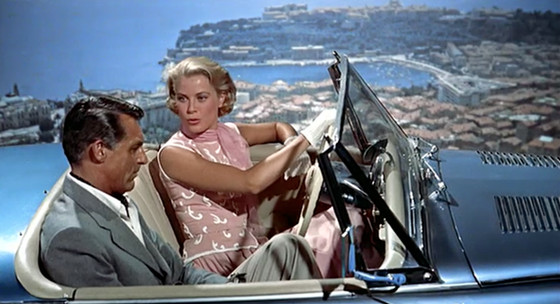
That Sir Alfred Hitchcock is the single most influential filmmaker in the history of the thriller genre is a known fact for anyone not living under a rock for the past 70 years or so. Unsurprisingly, Johnson cited the Master of Suspense as a big inspiration in terms of devising his 2019 Netflix mega-hit, explaining to The Atlantic that the initial pitch was as simple as “putting a Hitchcock thriller in the middle of a whodunit, but still turning it back into a whodunit at the end”.
“To Catch a Thief” might be lighter on the suspense adhering to his sky-high standards, but who needs twists and turns when you have Cary Grant and Grace Kelly flirting and wreaking havoc all across the sun-soaked French Riviera for 107 uninterrupted minutes? The romantic scale and grandeur were two main reasons stated by Johnson to revisit the film while shooting one of his own—surprisingly not any of his two murder mysteries but “The Last Jedi” of all things. Come for the shifting web of romance and double-crosses, stay for Grace Kelly’s stellar wardrobe.